Pooja Keshavan Singh A teacher’s life is full of stories, in fact every day that she spends with her learners, the narrative grows. My life is no different. The story that I am about to pen has been picked out of many turn-a-rounds that I have witnessed in my students’ lives over the years. The reason I picked this one is because this child and her mother struggled for years to beat an insensitive system and used its loopholes to their benefit. I played a small, yet significant role in helping them and their story needs to be told for the sake of many who suffer for no fault of theirs. I spotted Myra for the first time in a park near my house and I knew she was not a ‘normal’ child. She was very frail and short, she wore thick glasses, she barely had friends, but was and is an ever-smiling person. I had just started a career as a teacher and Myra’s mother approached me to help her daughter with class X mathematics. I knew it would be a challenge to teach Myra. I agreed because I like to take up difficult cases but at that time I had no idea how difficult it would turn out to be. Interacting with Myra, I realized she had very little understanding of the mathematics she was supposed to do in class X. I started with tracing lines for linear equations in two variables. I saw that she could only do them mechanically. She did not know what equations or variables were so forming and solving equations in word problems was not possible for her. Similarly she could learn theorems in two-dimensional geometry but could not apply them to solve problems. In the unit on Mensuration, Myra could learn the formulas and apply them in simple, straightforward problems but could not understand complex sums. Understanding probability and trigonometry were out of the question. Performing basic calculations in Data Handling was the easiest unit for her. The mathematical profile that I have constructed for Myra was based on a whole year of observations but there were many other things I got to know about her during this time. Myra, the only child of her parents, had been very ill all her childhood as she was born premature. Doctors had given very little chance of her survival because of her under developed lungs. She had a very narrow food pipe and a tiny stomach. Her bone structure


